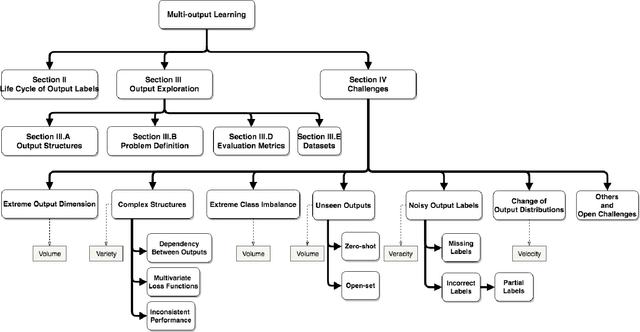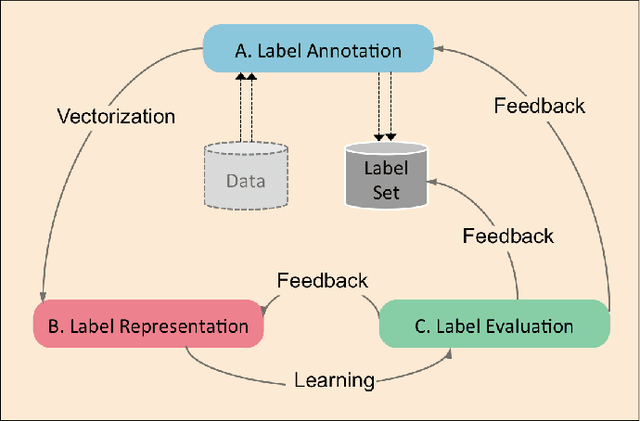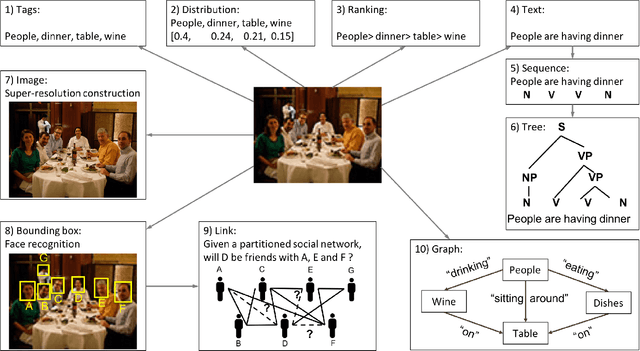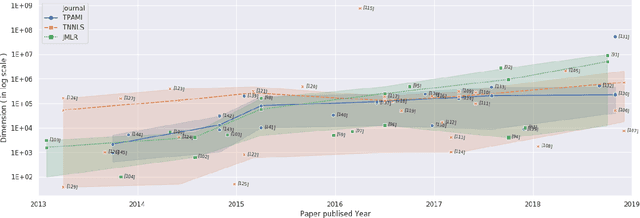A Survey on Multi-output Learning
Paper and Code
Jan 02, 2019



Multi-output learning aims to simultaneously predict multiple outputs given an input. It is an important learning problem due to the pressing need for sophisticated decision making in real-world applications. Inspired by big data, the 4Vs characteristics of multi-output imposes a set of challenges to multi-output learning, in terms of the volume, velocity, variety and veracity of the outputs. Increasing number of works in the literature have been devoted to the study of multi-output learning and the development of novel approaches for addressing the challenges encountered. However, it lacks a comprehensive overview on different types of challenges of multi-output learning brought by the characteristics of the multiple outputs and the techniques proposed to overcome the challenges. This paper thus attempts to fill in this gap to provide a comprehensive review on this area. We first introduce different stages of the life cycle of the output labels. Then we present the paradigm on multi-output learning, including its myriads of output structures, definitions of its different sub-problems, model evaluation metrics and popular data repositories used in the study. Subsequently, we review a number of state-of-the-art multi-output learning methods, which are categorized based on the challenges.
 Add to Chrome
Add to Chrome Add to Firefox
Add to Firefox Add to Edge
Add to Edge